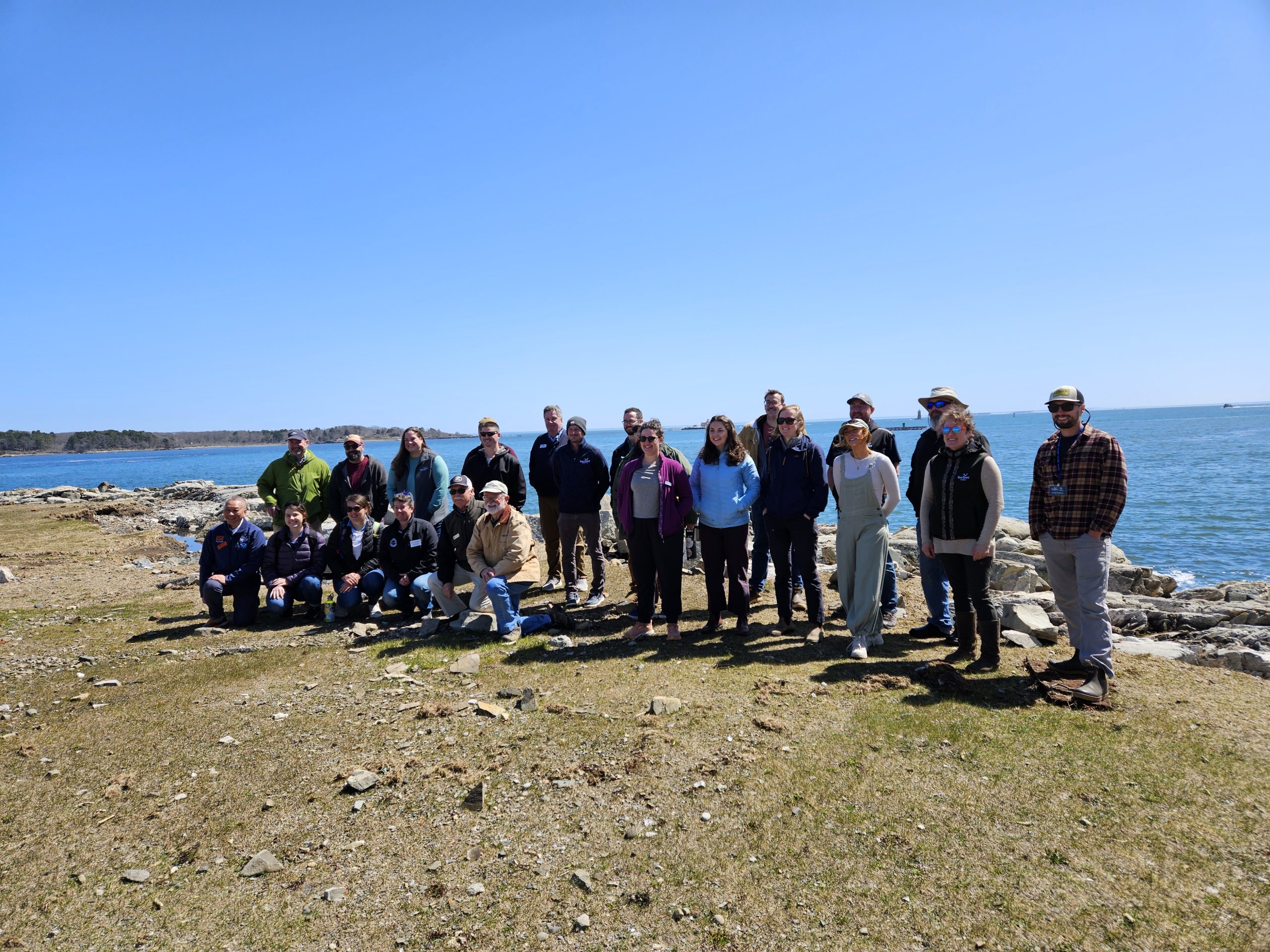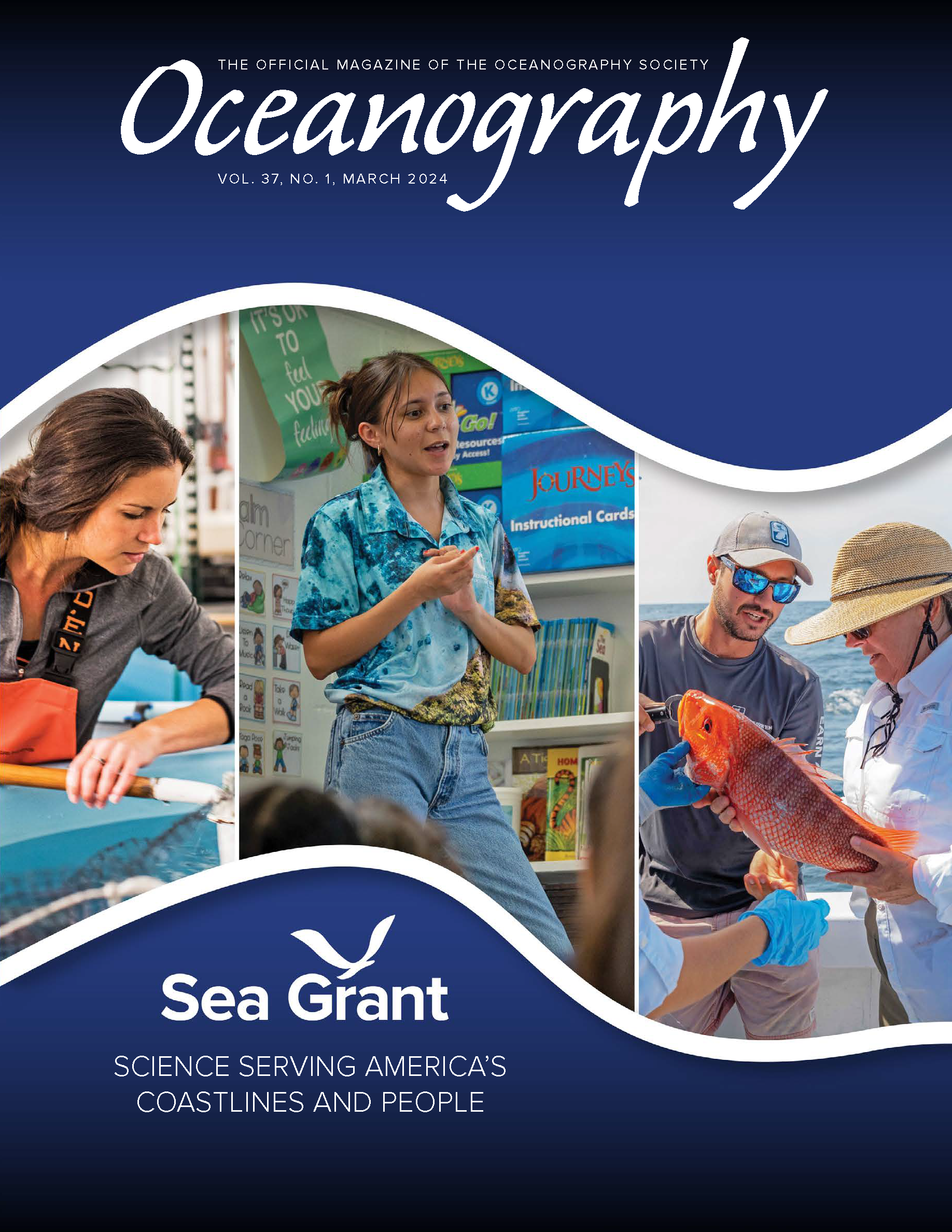Silver Spring, MD — The National Oceanic and Atmospheric Administration (NOAA) announces a new partnership effort to transfer water science from the National Water Center (NWC) in Tuscaloosa, Alabama, to communities around the country. As part of a growing effort for collaboration between the National Weather Service and Sea Grant, NOAA will hire an Integrated Water Extension Liaison housed at the NWC whose primary role will be to ensure that new and relevant science generated at the NWC is provided to community stakeholders.
Update (2/6/2017): Apply for the National Water Extension Liaison position.
The NWC was developed to collaboratively research, develop and deliver state-of-the-art national hydrologic analyses, forecast information, data, decision-support services and guidance to support and inform essential emergency services and water management decisions. The NWC will play a critical role in enhancing water-related products and decision-support services across the country.
“Applying the Sea Grant model of engaging the end users of science through extension will allow the National Water Center to interact directly with stakeholders and deliver more integrated, user-friendly water prediction services to a broader range of people, particularly in coastal communities,” said Peter Colohan, director of Service Innovation and Partnerships at NOAA’s Office of Water Prediction, which oversees the NWC.
The Integrated Water Extension Liaison will work with both the scientists at the NWC and with Sea Grant extension professionals across the country to bring research results from the NWC to those who need them.
“Part of the key to making science work for local communities is having person-to-person interactions with folks to understand not only what information they need but also when and how they need it in order to help them make more informed decisions,” said LaDon Swann, director of the Mississippi-Alabama Sea Grant Consortium, which will administer the partnership effort.
Mississippi-Alabama Sea Grant was selected to administer the program through a competitive process available to all 33 Sea Grant programs.
As part of a growing collaboration between Sea Grant and other NOAA programs, Sea Grant has placed 11 extension specialists in liaison positions to 1) gain wider access to NOAA expertise and products, 2) better serve NOAA constituents with additional scientific and technological information, and 3) improve NOAA’s contact with its user community. These positions are supported by a variety of sources including NOAA Sea Grant, NOAA laboratories and other NOAA programs.
By developing closer communication and cooperation with NOAA labs, centers and programs, Sea Grant has access to scientific products, services and expertise available across all of NOAA. With this access Sea Grant extension specialists better serve NOAA stakeholders and also guide the process and use of NOAA’s products and services to strengthen societal decision making.
“The liaison model is proving to be a successful way to transfer science to people in a timely and useful manner,” said Jonathan Pennock, director of the National Sea Grant College Program. “It is a model Sea Grant hopes to continue to build upon in order to promote the practical use and conservation of coastal, marine and Great Lakes resources in order to create a sustainable economy and environment.”
Partners in this effort include the National Weather Service, National Water Center, National Sea Grant College Program, Mississippi-Alabama Sea Grant Consortium and University of Alabama.

Biden-Harris Administration invests $60 million to build a climate-ready workforce through Investing in America agenda
Today, the Department of Commerce and NOAA announced $60 million in funding to help train and place people in jobs that advance a climate-ready workforce for coastal and Great Lakes states, Tribes and Territories as part of President Biden’s Investing in America agenda under the Inflation Reduction Act. To date, awards like these from President Biden’s Investing in America agenda have created more than 270,000 jobs across the country.
The funding will support nine projects around the nation, with $50 million going directly to the projects and $10 million for technical assistance to support the grantees.

